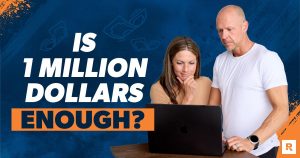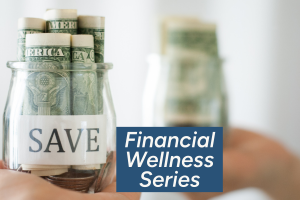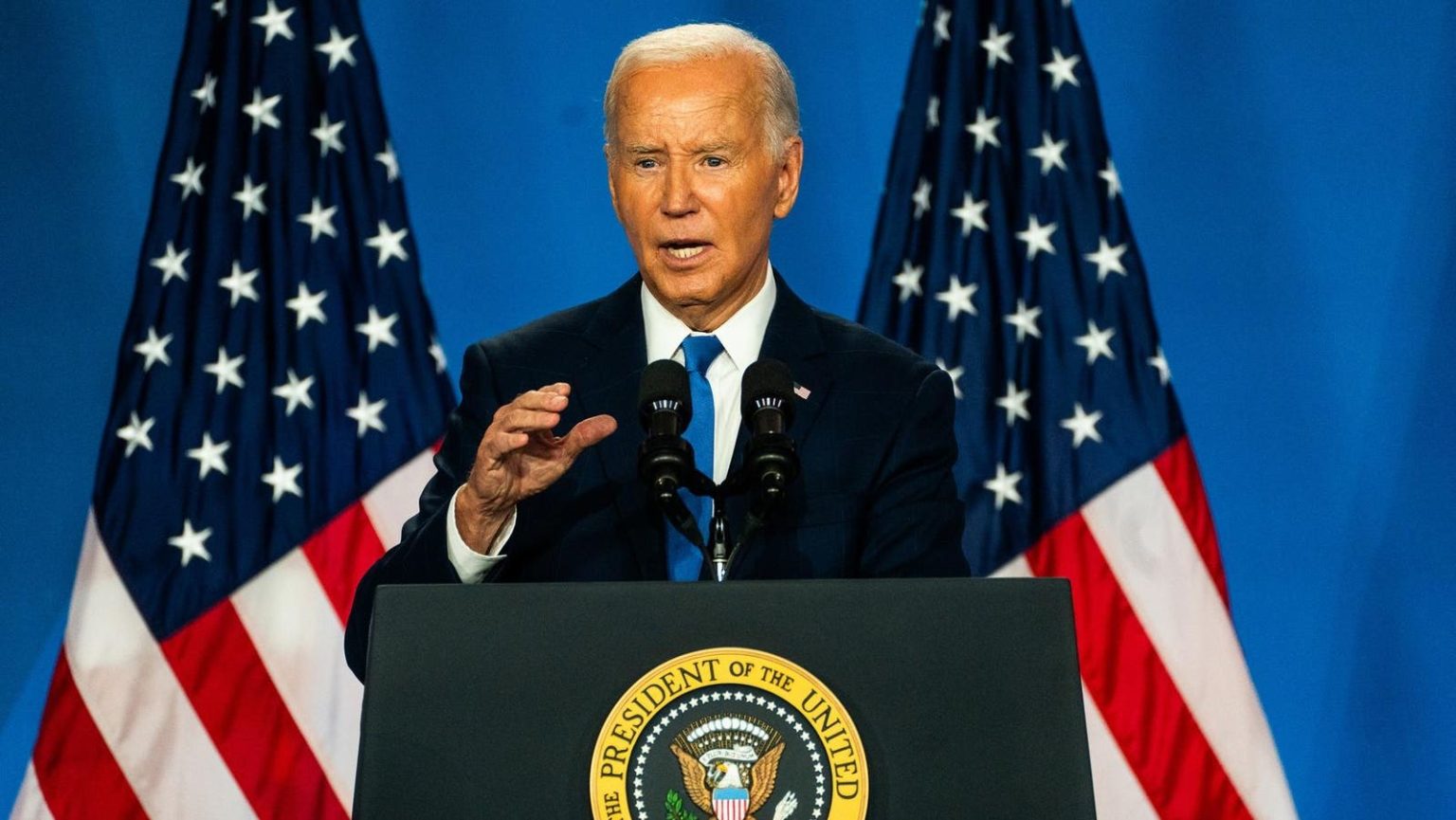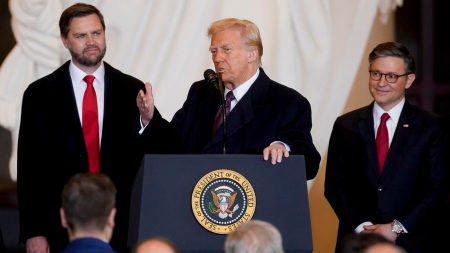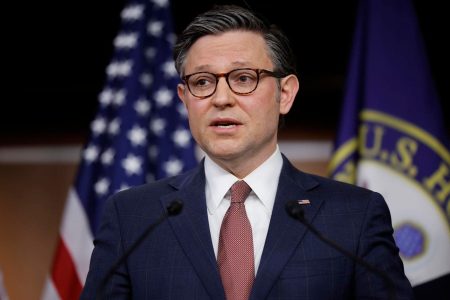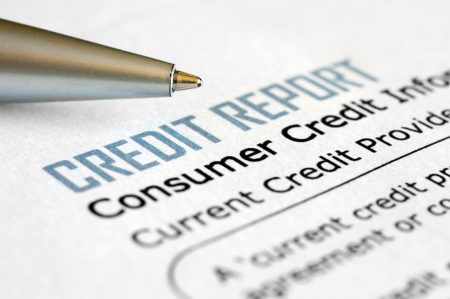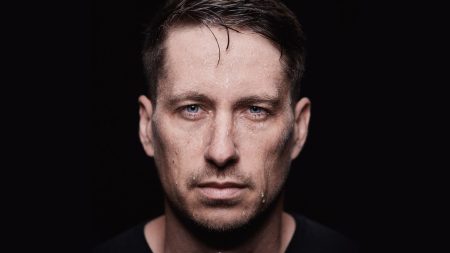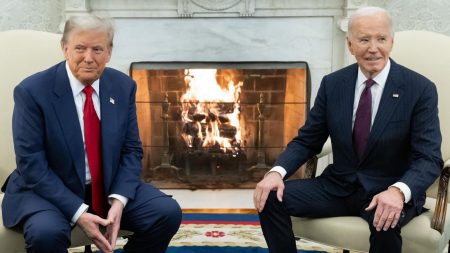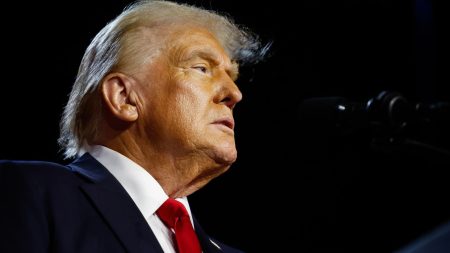The Biden administration has taken an initial step to extend a key student loan forgiveness program for public service workers to an often overlooked group of borrowers: early childhood educators.
Public Service Loan Forgiveness is a popular program that can relieve borrowers of their federal student debt after 10 years of payments if they engage in full-time work for certain nonprofit or government employers. But because early childhood educators are often self-employed or work for small businesses that are technically not non-profits — even though they perform vital services for relatively low pay — they usually don’t qualify for PSLF relief.
“Early childhood educators help young children learn, grow, and thrive,” said U.S. Under Secretary of Education James Kvaal in a statement last month. “But they are often poorly compensated, and student debt is a problem. If these educators can access Public Service Loan Forgiveness, we can help our youngest children, their families, and their communities.”
Here’s what borrowers need to know about the proposed expansion.
PSLF Can Provide Student Loan Forgiveness For Nonprofit And Government Workers
PSLF, a bipartisan program first created in 2007, can allow borrowers to qualify for federal student loan forgiveness after making 120 qualifying payments, which is the equivalent of 10 years. Payments must meet certain specific eligibility criteria, and the borrower must be engaged in full-time employment for eligible employers.
Eligible PSLF employment includes 501(c)(3) nonprofit organizations, which includes many groups that provide charitable, educational, or health-care related services. Other nonprofit groups can potentially qualify if they engage in designated public service-related activities. Most domestic government organizations can qualify for PSLF as well, whether they are at the federal, state, local, or tribal level. Public schools and private nonprofit schools are typically qualifying PSLF employers.
But with limited exceptions, self-employment and employment for small businesses generally do not qualify for PSLF. This is true even if the person or organization is engaged in mission-driven work or providing a public service. And it is true even if the borrower earns minimal income.
Biden Administration Proposes Extending Student Loan Forgiveness For Early Childhood Educators
Last month, the Biden administration took the first step to extend PSLF benefits to early childhood educators working in the for-profit space, with the ultimate goal of allowing them to qualify for student loan forgiveness.
“While many borrowers have received relief, under the current PSLF program rules, hundreds of thousands of ECE educators, many of whom operate small businesses, are excluded from the program because of their employer’s tax status,” said the Education Department in a statement in June. “The ECE workforce, regardless of the tax status of the employer, is made up almost entirely of women, including a disproportionate number of women of color and immigrants. Additionally, the ECE workforce is among the lowest-paid categories of occupations in the country.”
The Education Department announced that it would start soliciting comments from key experts in the ECE field to help officials “determine employer eligibility and related considerations if for-profit ECE employers who provide services listed in the statute were to be considered eligible employers” for purposes of PSLF.
“Extending PSLF eligibility to include employers of ECE workers, regardless of their employer’s tax status, could potentially allow more than 450,000 ECE workers—about 68,000 in home-based settings and 390,000 in center-based settings—to make progress toward PSLF if those workers have Federal student loans,” said the department.
The public comment period is open for 30 days. After that, the department may begin the process of drafting new regulations that could open up student loan forgiveness to people working in the ECE space under the PSLF program.
Precedent For Expanding Student Loan Forgiveness Under PSLF
This would not be the first time that the student loan forgiveness benefits under PSLF have been extended to include previously-excluded groups of borrowers.
Under the Trump administration, the Education Department enacted new regulations allowing religious-oriented work to qualify for PSLF, as long as the organization is a 501(c)(3) nonprofit. Previously, religious work was excluded from PSLF eligibility, even if the borrower was working for an otherwise-qualifying employer.
The Biden administration issued additional narrow but meaningful extensions of PSLF eligibility to include self-employed individuals and employees of for-profit organizations who contract with qualifying nonprofit or government organizations in circumstances where state law prohibits those organizations from hiring employees directly.
“This is most common in states that have laws preventing health care facilities from hiring employees directly, so they contract with physicians’ groups to provide services,” explains the department in published guidance.
The Biden administration also modified the definition of “full-time” employment to be 30 hours per week or more on average, without a specific requirement that the employer also consider the borrower to be full-time under its own internal definition.
Biden Student Loan Forgiveness Initiatives Face Hurdles
The expansion of PSLF to cover early childhood education workers is not a sure thing, and is only in the initial stages at this point. Because the regulatory process takes many months, any expansion would not be finalized or implemented prior to November. As a result, the outcome of the election may determine the fate of this effort to expand PSLF, as former President Donald Trump — and Republicans in general — have expressed hostility toward President Biden’s student loan forgiveness initiatives.
The Biden administration is also facing legal challenges from Republican-led states seeking to block the SAVE plan, an income-driven repayment option that can separately result in eventual student loan forgiveness. SAVE is also indirectly a potential component of PSLF, as borrowers typically must repay their student loans under an IDR plan in order to make qualifying payments toward PSLF.
The Education Department is expected to release a new student loan forgiveness plan as soon as this October, as well. But that plan, too, is likely to face legal challenges, so its ultimate fate is uncertain.
Read the full article here
